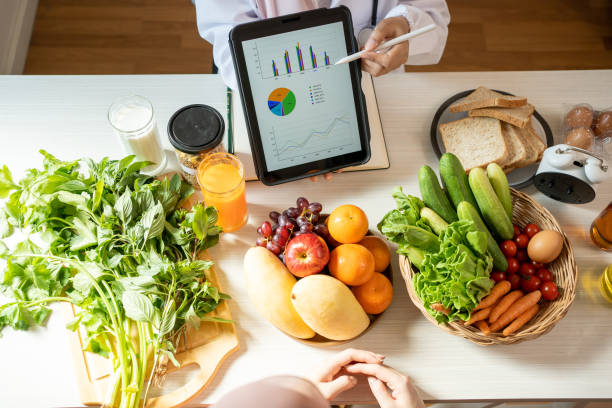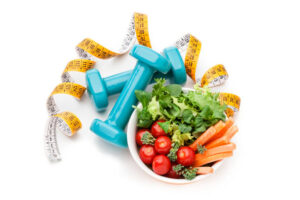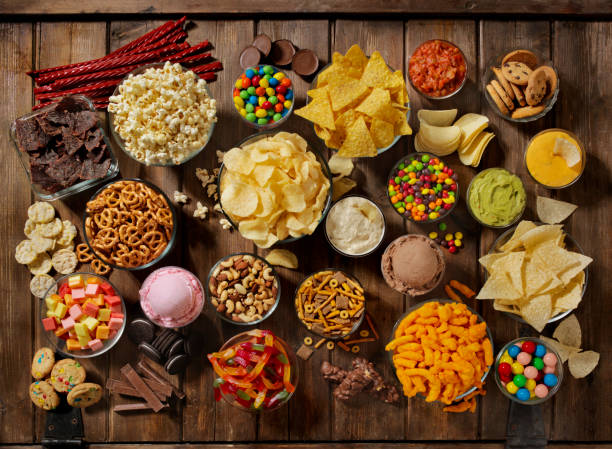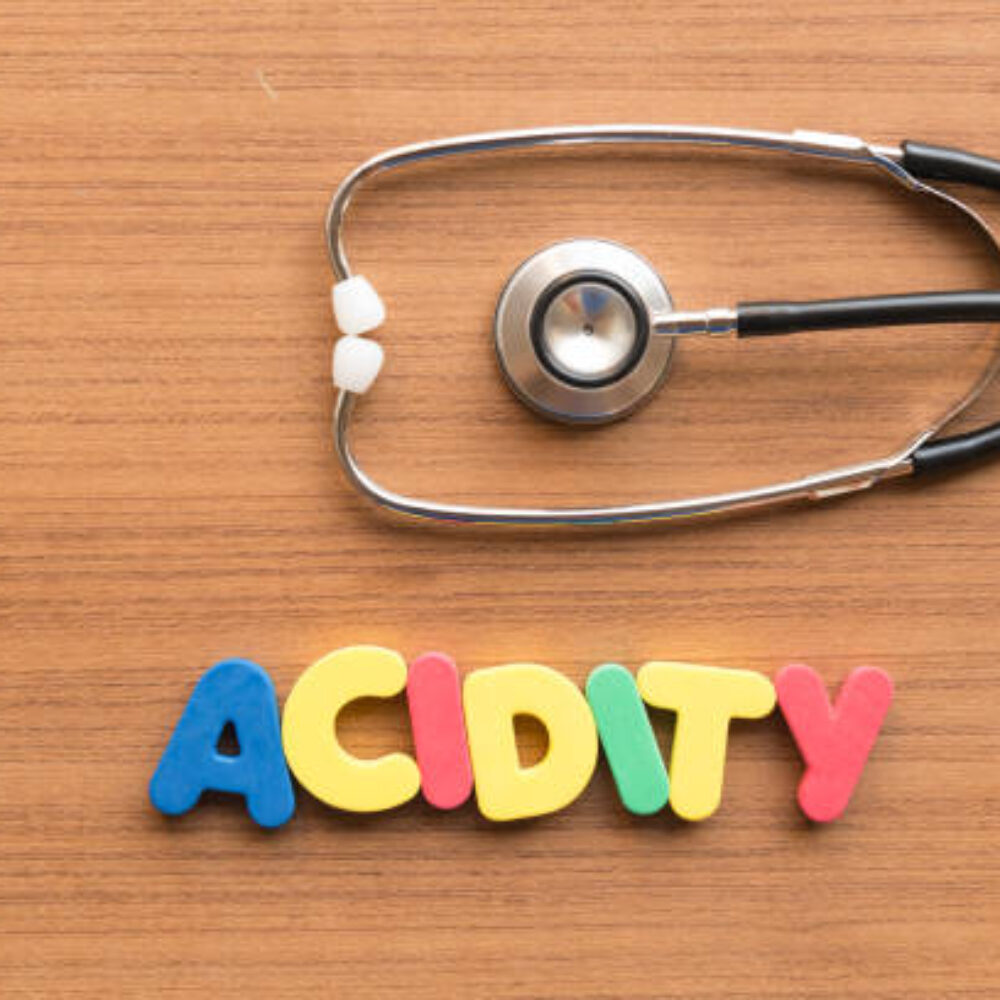Gut Inflammation, Immunity also depends on your diet. If you eat unhealthy foods, the immune system will weaken, and inflammation will increase. Many foods are not good for the gut. Again, it is important to emphasize eating and drinking to maintain good levels of beneficial bacteria in the gut. Here, we share the top 10 foods for gut health.

Inflammation occurs when a virus, bacteria, or fungus enters the body or when there is an injury. Sometimes, symptoms like diarrhea, abdominal swelling, redness, and swelling indicate that inflammation is increasing in the body.
Inflammation is the body’s immune system that protects against harmful bacteria and injury. To maintain the immune system of the body, it is necessary to take care of the intestines. About 80% of the immune system resides in the gut microbiome. The primary function of the immune system is to protect the body from invaders.
This immunity also depends on your diet. If you eat unhealthy foods, the immune system will weaken and inflammation will increase. Many foods are not good for the gut. Again, it is important to emphasize eating and drinking to maintain good levels of good bacteria in the gut. So, check which foods to eat and which to avoid.
Top 10 foods for gut health
If food is not digested properly, various physical complications can occur. If the digestive process is obstructed, various problems, including diarrhea, acidity, constipation, obesity, and malnutrition, may arise. Proper digestion of food is very important to stay healthy.

Uncontrolled eating habits, drinking impure water, etc. can cause digestive problems. Consuming too heavy and oil-spicy food can lead to problems like stomach aches, flatulence, belching, and diarrhea. Most of these are due to digestive disturbances. Digestive power should be increased to get rid of indigestion problems.
Certain foods will help improve your gut health. Let’s find out:
1. Ginger: Eating a spoonful of ginger mixed with honey daily improves digestion. It is also helpful in reducing abdominal pain, nausea, etc.
2. Cumin: Cumin can reduce digestive problems. A little bit of whole cumin once a day with a little salt will give good results.
3. Bananas: Bananas are one of the beneficial fruits for reducing food poisoning. Bananas are rich in potassium, so they help fight this disease.
4. Apple: Apple plays an important role in preventing diarrheal bacteria. This fruit is excellent at reducing acidity and correcting any digestive disturbances.
5. Yogurt: Yogurt can be used as an alternative to milk. Yogurt is very helpful in improving digestion. It contains beneficial bacteria for the gut. Apart from fulfilling the calcium and proton requirements, it helps in digestion.
6. Millets: Millets are small-seeded grasses. Millets contain a wealth of nutritional value. Eating it in the fermentation process can improve our gut health.
7. Herbal Tea: You can drink green tea or mint leaf tea twice a day. Antioxidants present in it help digestion of food.
8. Fiber: Include more fiber in your diet. Foods rich in fiber absorb water easily, helping improve digestion. You can regularly eat vegetables, fruits, salads, Chinese gooseberry, chia seeds, and strawberries. Fruits and vegetables that are high in water content, such as watermelon, cucumber, tomato, gourd, etc., should be included in the diet.
9. Lemon: You can keep lemon with food. Lemon helps to digest food very easily. If you want, you can drink lemonade after eating.
Mix the juice of a lemon in hot water and consume it several times a day to remove toxins from the body and keep the digestive system normal. If you can maintain this habit every day, besides eliminating various digestive problems, the body’s immune system will also increase.
10. Calcium-rich food: Eat enough calcium-rich foods every day. Calcium helps in improving our digestion. Many people give up milk completely due to lactose intolerance. In that case, you should keep the habit of eating little by little without completely giving up milk. Or you can drink lactose-free milk.
Foods that should not be eaten:
1) Avoid foods that contain white sugar, corn syrup, brown sugar, artificial sweeteners, etc.

2) Foods like cereals, bread, chips, biscuits, instant soups, sauces, ketchup, and noodles are processed foods. Foods like ice cream, french fries, burgers, and soy products also contain preservatives. It is best to avoid them.
3) Oils like sunflower oil, soybean oil, rice bran oil, and and canola oil are high in fat. Similarly, mutton and flour products contain saturated fat. They also increase intestinal inflammation.
4) Alcohol and smoking increase inflammation of the intestines and digestive system.



